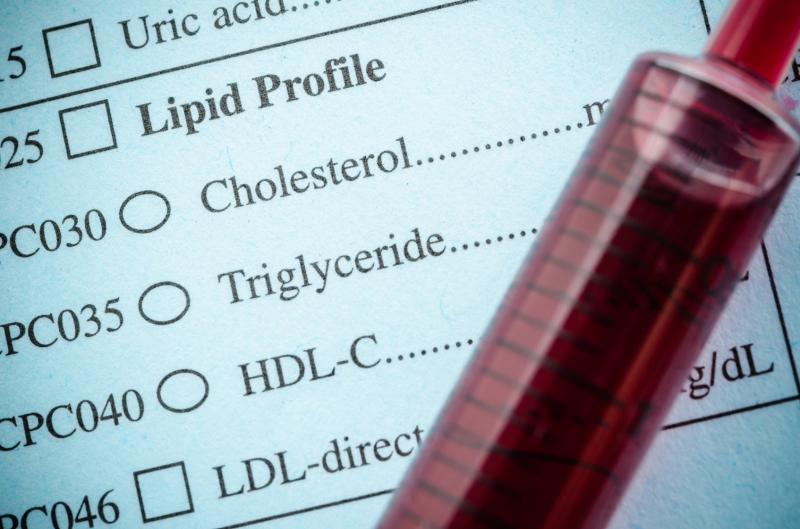
Diabetes status appears to influence the interactions of diet quality with total cholesterol (TC), low-density lipoprotein cholesterol (LDL-C), and apolipoprotein B (ApoB), according to a US study.
The investigators examined the associations of diet quality using the Alternative Healthy Eating Index (AHEI), as well as the association of diet quality with diabetes and its effects on TC, triglycerides (TG), LDL-C, high-density lipoprotein cholesterol (HDL-C), apolipoprotein A (ApoA), and ApoB.
Eligible participants included American Indians (AIs) who joined the Strong Heart Family Study, which examined cardiovascular disease (CVD) and its risk factors in 12 AI communities. Generalized estimated equations were used to assess the cross-sectional associations of diet quality (as determined by AHEI) with serum lipoproteins (n=2,200) and the prospective associations of the AHEI measured at baseline with serum lipoproteins (n=1,899).
Cross-sectional analyses revealed that the associations of AHEI with TC (p<0.0001), LDL-C (p=0.005), and ApoB (p=0.002) differed according to diabetes status, while the prospective analysis showed the association of AHEI with more favourable levels of TC (p=0.029) and LDL-C (p=0.008) among participants with diabetes independent of other demographic, behavioural, and health factors.
Notably, much weaker associations of diet quality with TC, LDL-C, and ApoB were found among participants without diabetes. No association existed between diet quality and TG, HDL-C, or ApoA.
“Previous studies consistently report that diet quality is inversely associated with risk of CVD and type 2 diabetes (T2D),” the authors noted. “However, few studies have assessed the association of diet quality with serum lipoproteins, an intermediate marker of cardio-metabolic health, or assessed whether T2D modifies these associations.”